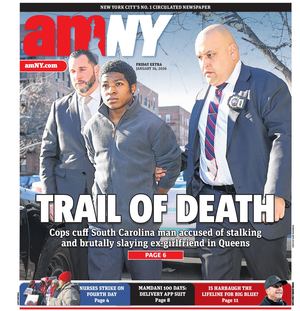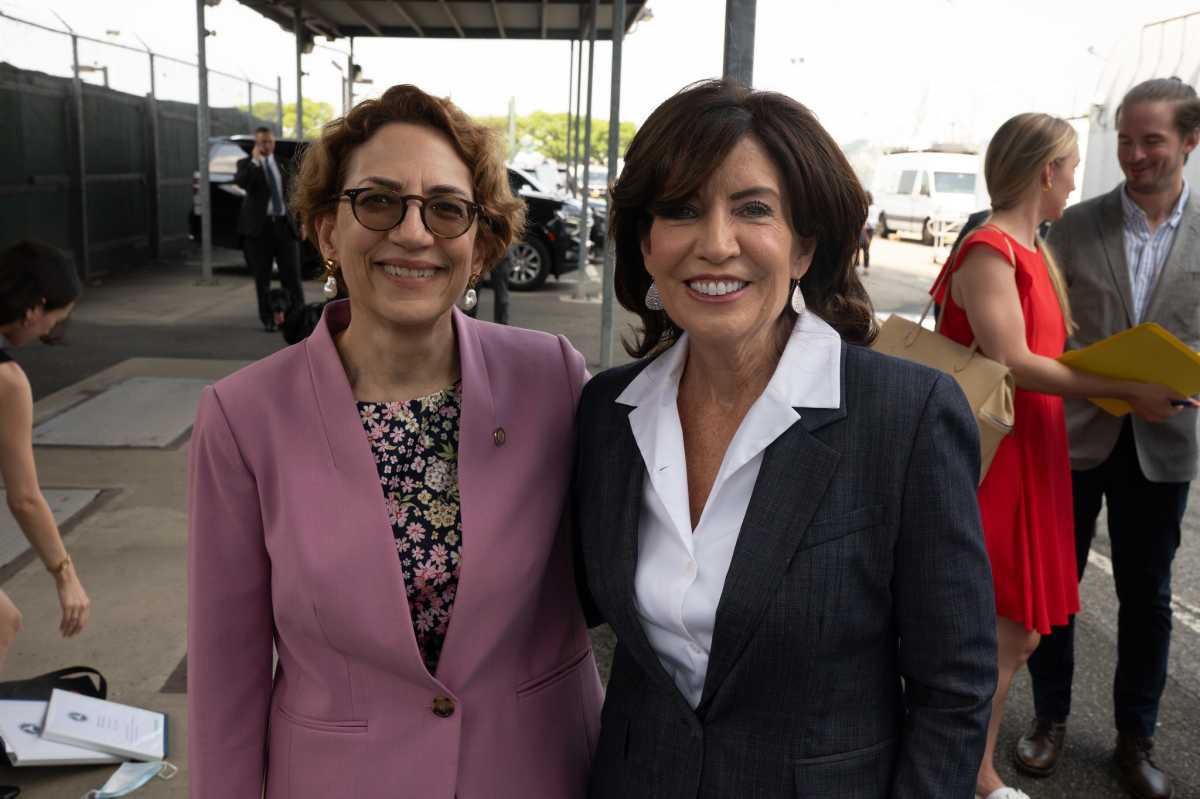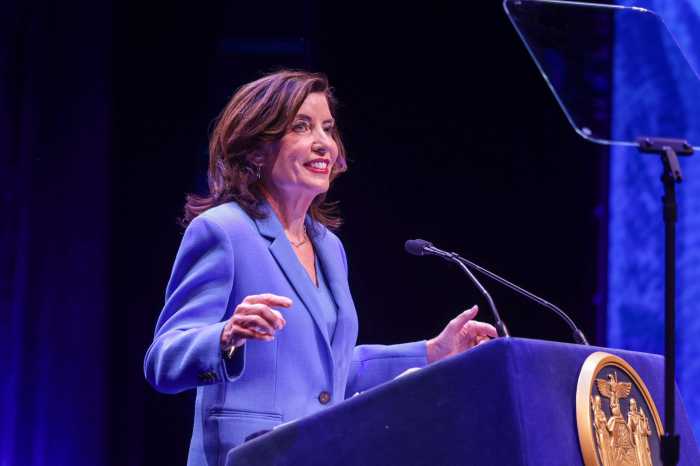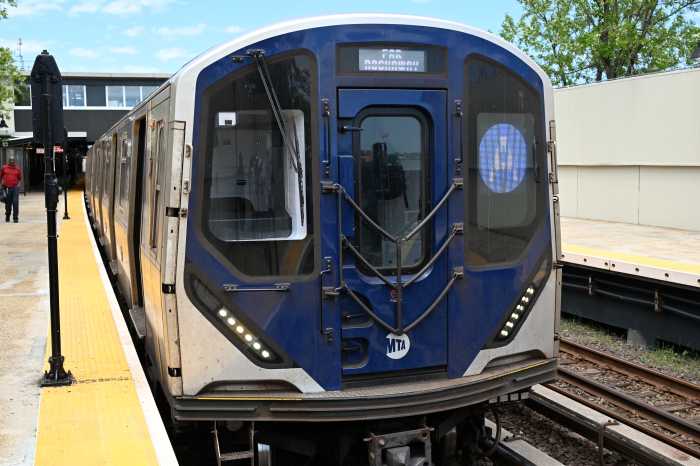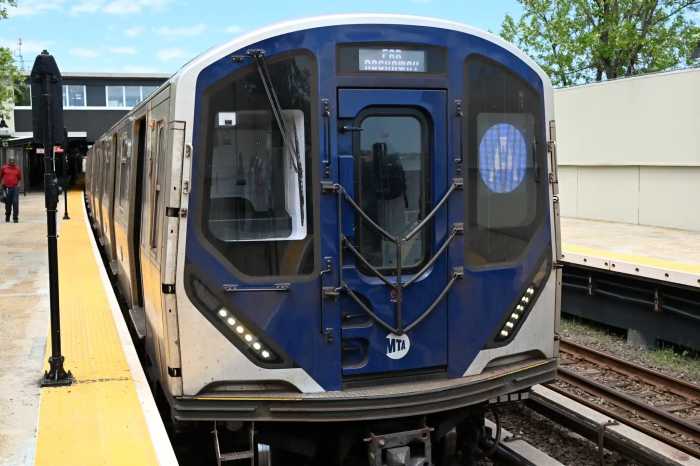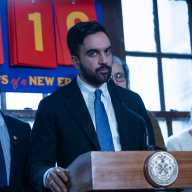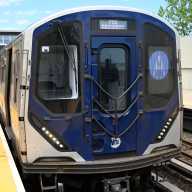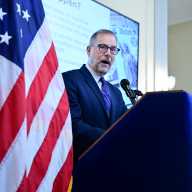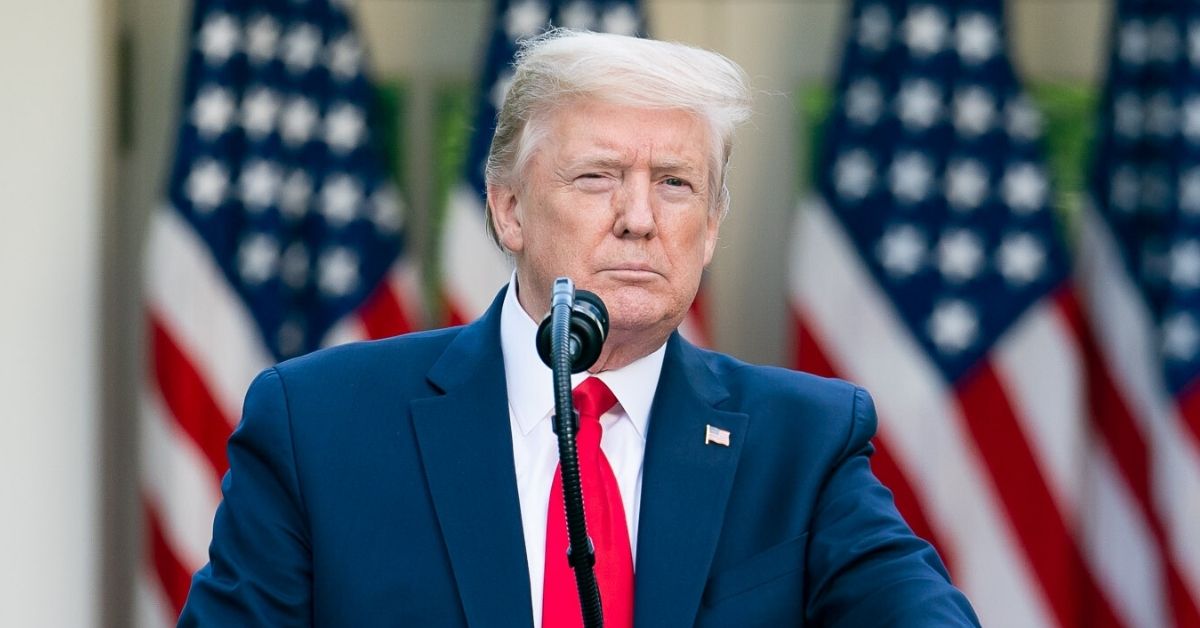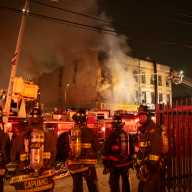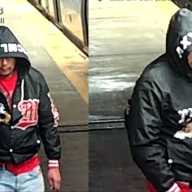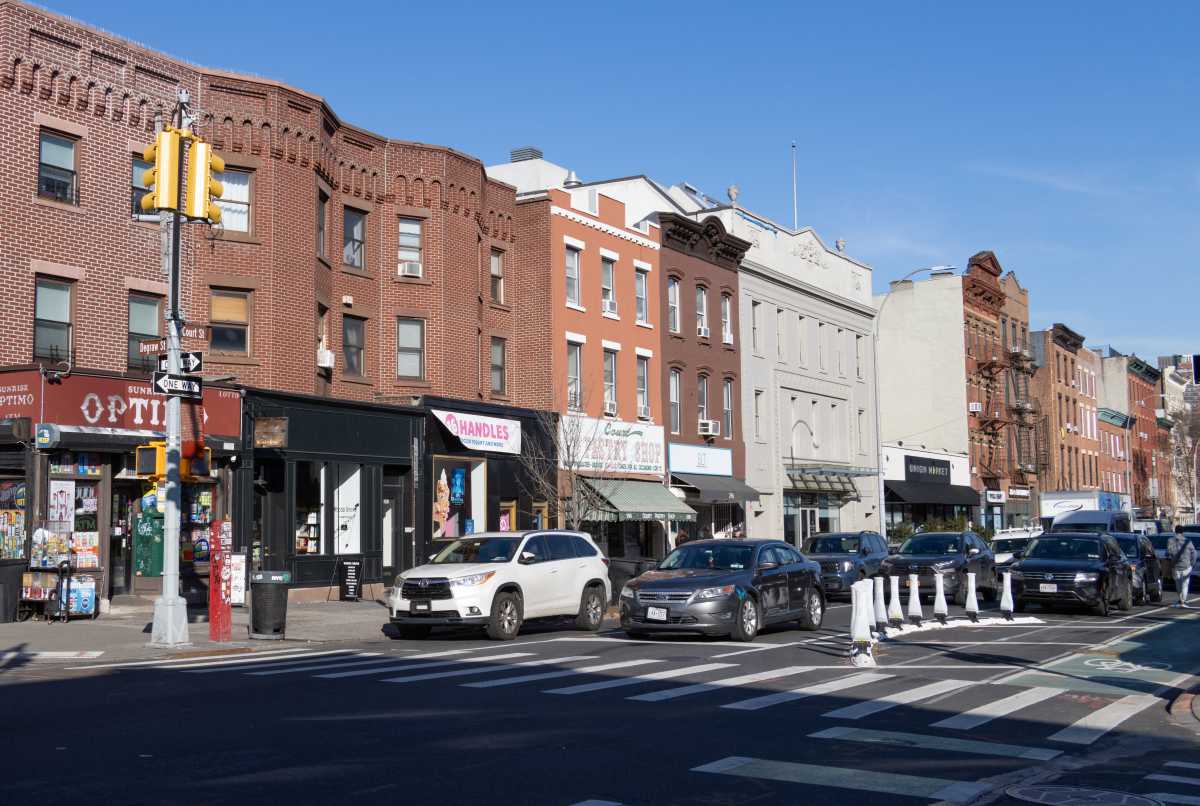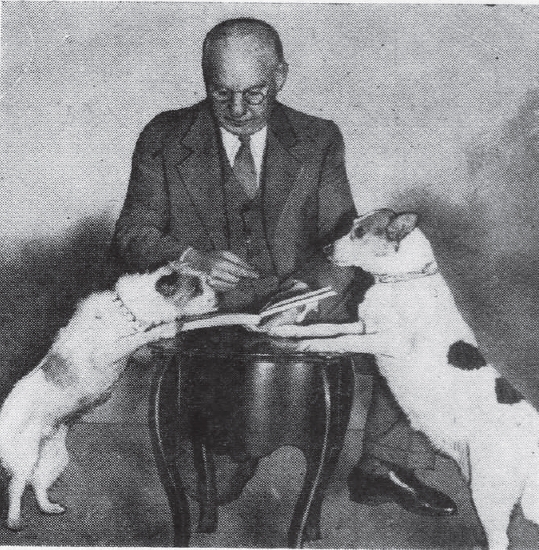The Biden administration was apparently blindsided by Gov. Kathy Hochul’s eleventh-hour decision to “pause” congestion pricing, a top official with the US Department of Transportation (US DOT) confirmed to reporters this week.
Polly Trottenberg, the Deputy Secretary of Transportation and #2 official at US DOT, told reporters on Monday that she was not aware Hochul would put the kibosh on the Manhattan toll, which was set to begin June 30, until after the governor made the announcement via a prerecorded video on June 5, just 25 days before the tolls were set to be turned on.
Trottenberg — who in her former role as New York City Transportation Commissioner had advocated for congestion pricing — said plans to invest in Big Apple transit infrastructure are now up in the air as the feds, state, and city figure out the next steps.
“We are in conversations with the state, with the MTA about what’s gonna happen next,” Trottenberg said at an unrelated event announcing a full-funding agreement for the Gateway tunnel project under the Hudson River. “Our secretary has made the pledge that we want to keep our commitments to all the projects that we had agreed to do with the MTA. But obviously, we’re working through with them now how the financing is gonna work.”
By pausing the toll that would charge most motorists $15 to drive into Manhattan’s central business district, Hochul forced the MTA to suspend $16.5 billion of planned construction work intended to modernize the system and focus instead on capital work designed to keep the aging transit system from “falling apart.”
Projects now on ice include modernizing ancient subway signals that frequently break and lead to train delays, making subway stations accessible for people with disabilities by building elevators, and preparing the system for climate change by electrifying the bus fleet and floodproofing the subway system.
They also included marquee expansion projects, such as extending the Second Avenue Subway up to 125th Street. Work is now completely halted on the extension. The feds last year awarded a $3.4 billion infrastructure grant — one of the largest for a single project in US history — to the MTA to complete the long-promised extension, but it was dependent on $4.3 billion in local contributions that were to be substantially funded by congestion pricing revenue.
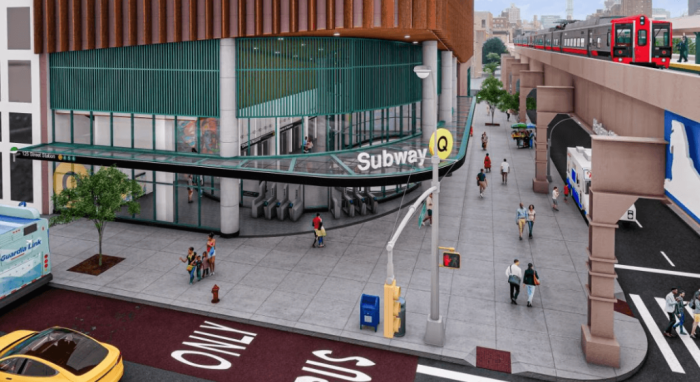
Hochul, who has said she couldn’t allow the toll to proceed for economic reasons, has promised to come up with alternative funding sources for MTA projects and insists her move is only a pause, but has not yet presented any solutions publicly.
The MTA is also contending with the specter of a second Trump administration come 2025, with Donald Trump having promised to permanently kill congestion pricing if he is reelected. Trottenberg said in the meantime, DOT is attempting to work with the state to come up with a workable solution for continuing the Second Avenue Subway project — and not leave it to the realm of dreams once again.
“We never want to see a great project, something like Phase 2 of the Second Avenue Subway, obviously, not happen,” said Trottenberg. “So we’re going to continue to try to work with them as long as we can.”
The feds were not only involved in congestion pricing with respect to funding. US DOT completed an extensive environmental review wherein it found “no significant impact” from the toll on the region’s environment, something reiterated after Hochul paused the program.
The only thing the MTA still needs is a document from the federal government authorizing a “Value Pricing Pilot Program” (VPPP), which must also be signed by the state and city DOTs. Trottenberg said the feds are ready to sign the VPPP, but Hochul’s Transportation Secretary Marie Therese Dominguez is not.
Hochul has said that her decision to pause the toll was made over an extended period of time, after speaking with many New Yorkers, including owners and customers at her favorite Midtown diners. But Trottenberg is just the latest high-level transportation official to say she was only told of the pause at the last minute; the list also includes Janno Lieber, the chief executive of the MTA.
It’s unclear if federal Transportation Secretary Pete Buttigieg was aware ahead of time; US DOT did not return inquiries on that topic. Hochul spokesperson John Lindsay said “the Governor’s Office spoke with senior federal officials prior to the public announcement pausing Congestion Pricing” but did not clarify which ones.
Hochul also attended the same Gateway tunnel event as Trottenberg but left the area after speaking instead of making herself available to reporters. Senate Majority Leader Chuck Schumer also bolted after speaking and avoided the press, leaving New Jersey Gov. Phil Murphy — who up until last month counted himself congestion pricing’s most formidable foe — to remark that he would stick around and listen to the remaining speakers.
Read More: https://www.amny.com/nyc-transit/
